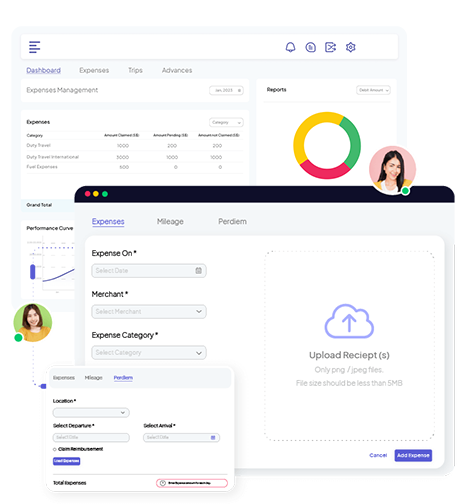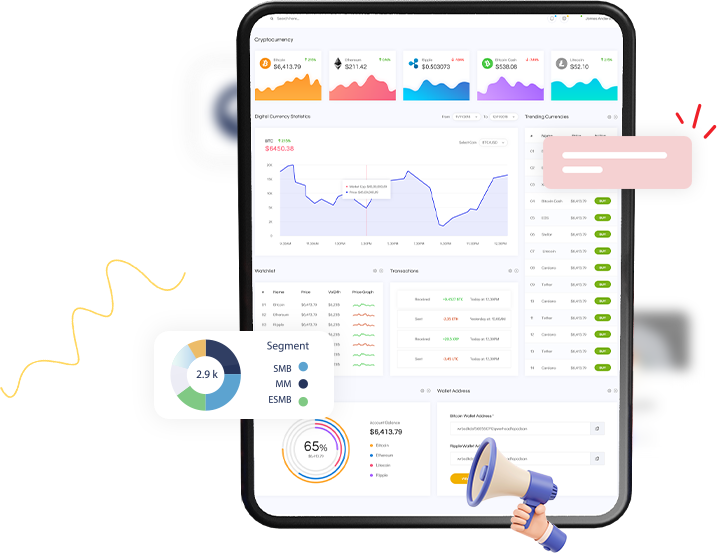Free Accounting Software join now!

Mastering Financial Efficiency: Comprehensive Expenses Management
Expense management software offers a range of features to help businesses track, monitor, and control their expense more efficiently. Here are some common features you might find in expense management software:
It's involves monitoring, controlling, and optimizing an organization's spending. It encompasses budgeting, tracking, and analyzing expenditures to ensure cost efficiency. Effective expense management helps businesses reduce waste, increase profitability, and make informed financial decisions, ultimately contributing to overall financial health.
Expense Tracking
Record and categorize expense incurred for various purposes, such as travel, supplies, entertainment, and more.
Expense tracking is the process of recording and monitoring all financial transactions related to a business or personal spending. It involves categorizing expense, recording receipts, and maintaining a clear record of where money is allocated. This practice helps individuals and organizations budget effectively, control costs, and make informed financial decisions.
TRY IT FREE
Expense Categories
Create custom expense categories to organize expense in a way that makes sense for your business.
Operational Expense
Covers day-to-day costs like rent, utilities, and office supplies.
Employee Expense
Includes salaries, benefits, and travel expense.
Marketing and Advertising
Tracks expenditures on advertising campaigns and promotional activities.
Administrative Expense
Encompasses administrative staff salaries, software licenses, and office equipment.
Automated Expense Reports
Generate expense reports automatically by consolidating individual expense entries. This saves time for both employees and finance teams.
Time Efficiency
Employees spend less time on manual data entry and report preparation, allowing them to focus on more valuable tasks.
Accuracy
Automation reduces the likelihood of errors in expense reporting, such as miscalculations or missed receipts.
Compliance
Enforcing company policies and compliance rules becomes easier with automated checks and balances.
Cost Savings
Improved efficiency and reduced errors can lead to cost savings for the organization.




Audit Trail
It serves as a chronological log of actions taken by users, administrators, or the system itself. Audit trail features are crucial for maintaining transparency, accountability, security, and compliance within organizations.
An audit trail is a chronological record of all activities and changes made within a system, providing a transparent and traceable history of user actions. It's crucial for accountability, security, and compliance, helping organizations track alterations to data and detect unauthorized or fraudulent activities.
Audit trails are commonly used in financial, healthcare, and cybersecurity contexts, allowing for thorough investigations and ensuring data integrity. They typically include details like timestamps, user IDs, and descriptions of each action, making it easier to pinpoint any discrepancies or issues.





